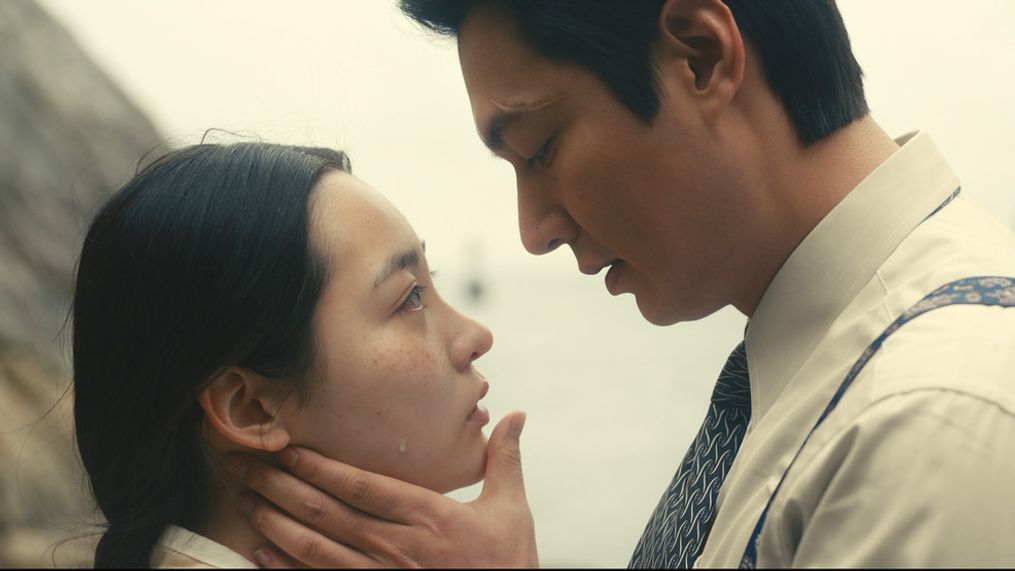'Pachinko' filmmakers on adaptations, COVID, and the scope of AppleTV+'s landmark series
Lee Minho and Minha Kim in “Pachinko,” premiering March 25, 2022 on Apple TV+.
SALT LAKE CITY (KUTV) — When offered the opportunity to talk with some of the filmmakers behind AppleTV+’s new series “Pachinko,” my first instinct was to decline. Time is a sparse commodity in my life and finding eight or more hours to sit down with something that I am completely unfamiliar with can be daunting. And then I read this sentence from the synopsis:
"Epic in scope and intimate in tone, the story begins with a forbidden love and crescendos into a sweeping saga that journeys between Korea, Japan and America to tell an unforgettable story of war and peace, love and loss, triumph and reckoning."
They had my attention.
So, I intended to sit down and spend a Saturday with the show. I’ve binged my share of shows in the past. I couldn’t binge this one. It wasn’t because I didn’t like it. It was because I loved it. I wanted to pause after each episode, particularly the third. There’s too much to think about. Too much to savor.
“Pachinko” might be the most beguiling film I’ve watched since “CODA.”
It's every bit as important as "Pachinko" tells the story of a Korean family over the course of numerous generations. It feels, as the synopsis suggests, epic in appearance and incredibly intimate in the way it layers and weaves the various generations together as it explores the life these characters lived — as well as the paths left untaken.
Writer, creator, showrunner and executive producer Soo Hugh explains the life not lived can help to give context to the life that has been lived.
All I could think was, “I want to be a part of this. Even if it is the smallest of parts. I have to tell people about this.”
I haven't read the source material, Min Jin Lee's novel of the same name from 2017, but I did enough research to find that in Lee's novel, the stories are not entwined. They are three separate and distinct stories. Weaving three narratives together is a difficult task. So, that's where I started with Hugh. What followed was a four-minute masterclass in adaptation.
It's not easy to make films. Even in non-COVID times, there are a million things that need to go right for a solid script to become an equally strong film. The majority of my conversation with producers Theresa Kang Lowe and Michael Ellenberg focuses on how they pulled off producing a gorgeous, larger-than-life drama during a global pandemic.
If you're unconvinced by my pitch (and the wonderful conversations I was lucky enough to have with Hugh, Lowe, and Ellenberg), maybe the trailer, which is just the tip of the iceberg, will convince you.




